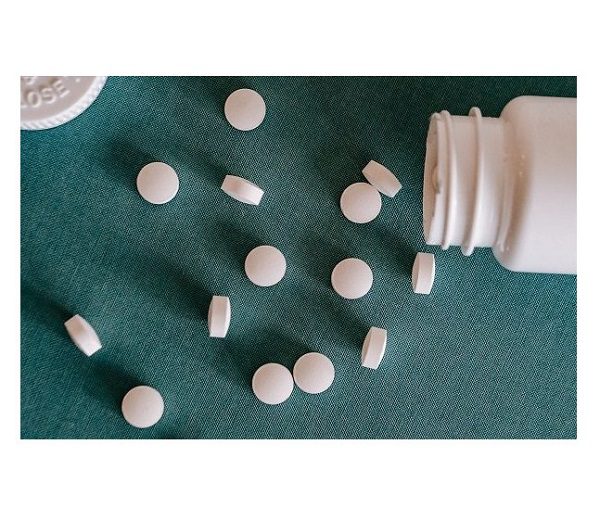BALTIMORE, MD—Maryland Attorney General Brian E. Frosh on Friday announced the confirmation of a $26 billion opioid settlement with the nation’s three major pharmaceutical distributors – Cardinal, McKesson, and AmerisourceBergen – and opioids manufacturer Johnson & Johnson. Following successful state sign-on and subdivision sign-on periods, the defendants will start releasing funds to a national settlement administrator on April 2, 2022. Money will start flowing to the State and its local governments in the second quarter of 2022.
“The confirmation of the settlement brings us one step closer to the life-saving relief for the thousands of Marylanders who have been victimized by the opioids crisis,” said Attorney General Frosh. “This settlement will help fund critical programs that we desperately need to combat the disease of addiction.”
The agreement marks the culmination of more than five years of investigations and three years of negotiations to resolve more than 4,000 claims of state and local governments across the country. It’s the second largest multistate agreement in U.S. history, the first being the Tobacco Master Settlement Agreement. The settlement is the result of an intense and coordinated effort among the states and their local subdivisions to investigate the conduct of various industry participants in creating and maintaining the opioid crisis, followed by negotiations to resolve the conduct that the investigations revealed
Fifty-two states and territories have signed on to the settlement, as well as thousands of local governments across the country. In Maryland, 58 of its 60 qualifying subdivisions have elected to participate in the settlement, representing over 90 percent of the state population. Currently, Maryland stands to receive approximately $395 million from the settlements over 18 years. The funds will be spent on opioid crisis abatement throughout the State.
In addition to the funds, Cardinal, McKesson, and AmerisourceBergen will:
- Establish a centralized independent clearinghouse to provide all three distributors and state regulators with aggregated data and analytics about where drugs are going and how often, eliminating blind spots in the current systems used by distributors;
- Use data-driven systems to detect suspicious opioid orders from customer pharmacies;
- Terminate customer pharmacies’ ability to receive shipments, and report those companies to state regulators, when they show certain signs of diversion;
- Prohibit shipping of and report suspicious opioid orders;
- Prohibit sales staff from influencing decisions related to identifying suspicious opioid orders; and
- Require senior corporate officials to engage in regular oversight of anti-diversion efforts.
Johnson & Johnson is required to:
- Stop selling opioids;
- Refrain from funding or providing grants to third parties for promoting opioids;
- Refrain from lobbying activity related to opioids; and
- Share clinical trial data under the Yale University Open Data Access Project.
Photo by Alex Green from Pexels
Do you value local journalism? Support NottinghamMD.com today.

